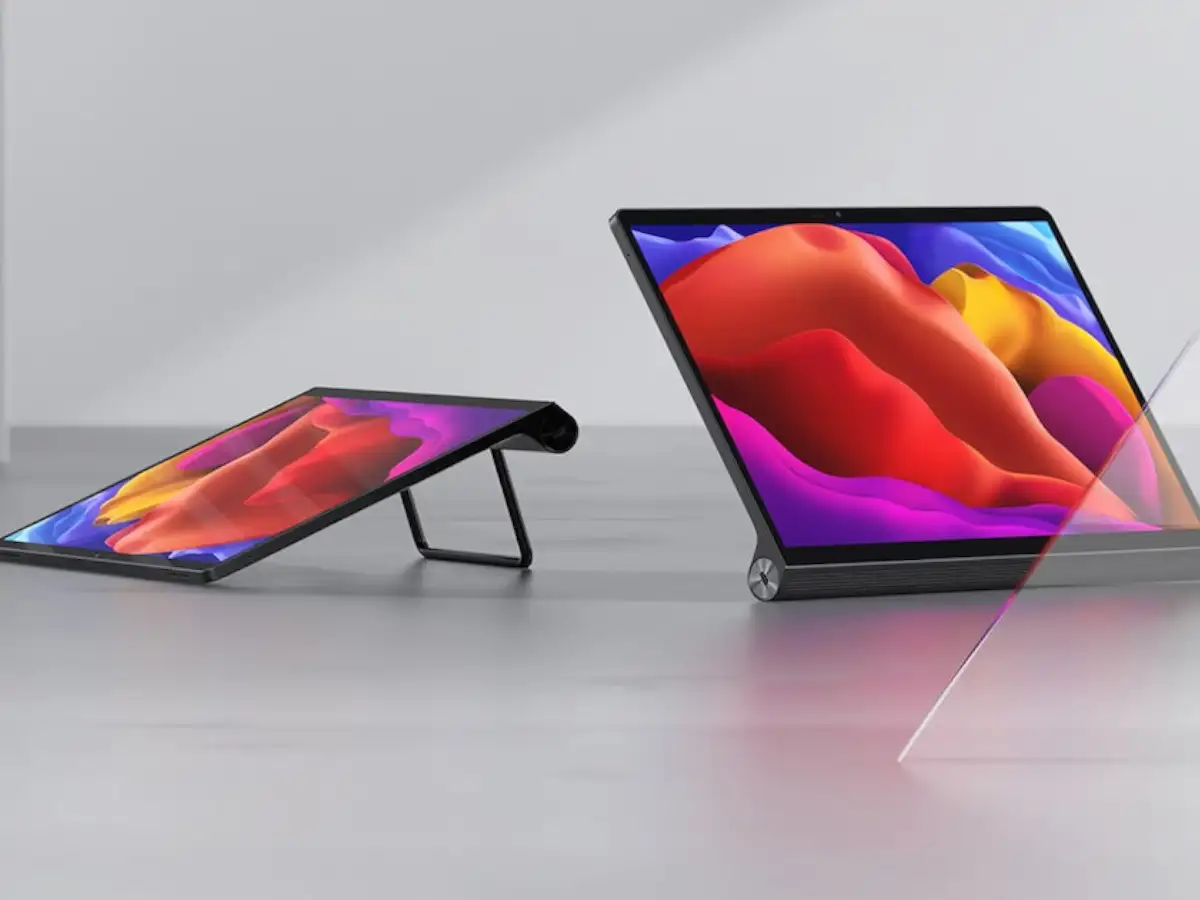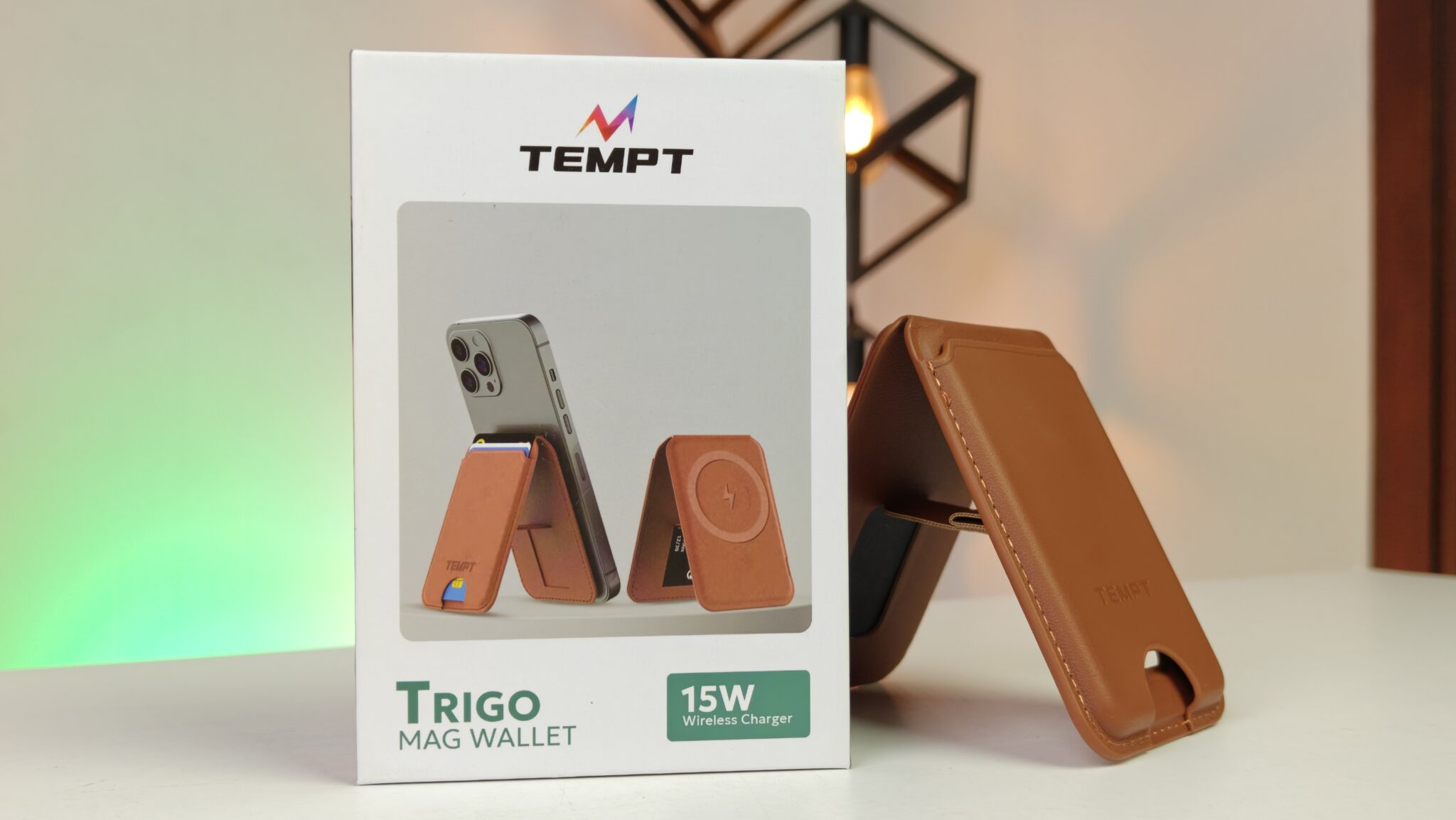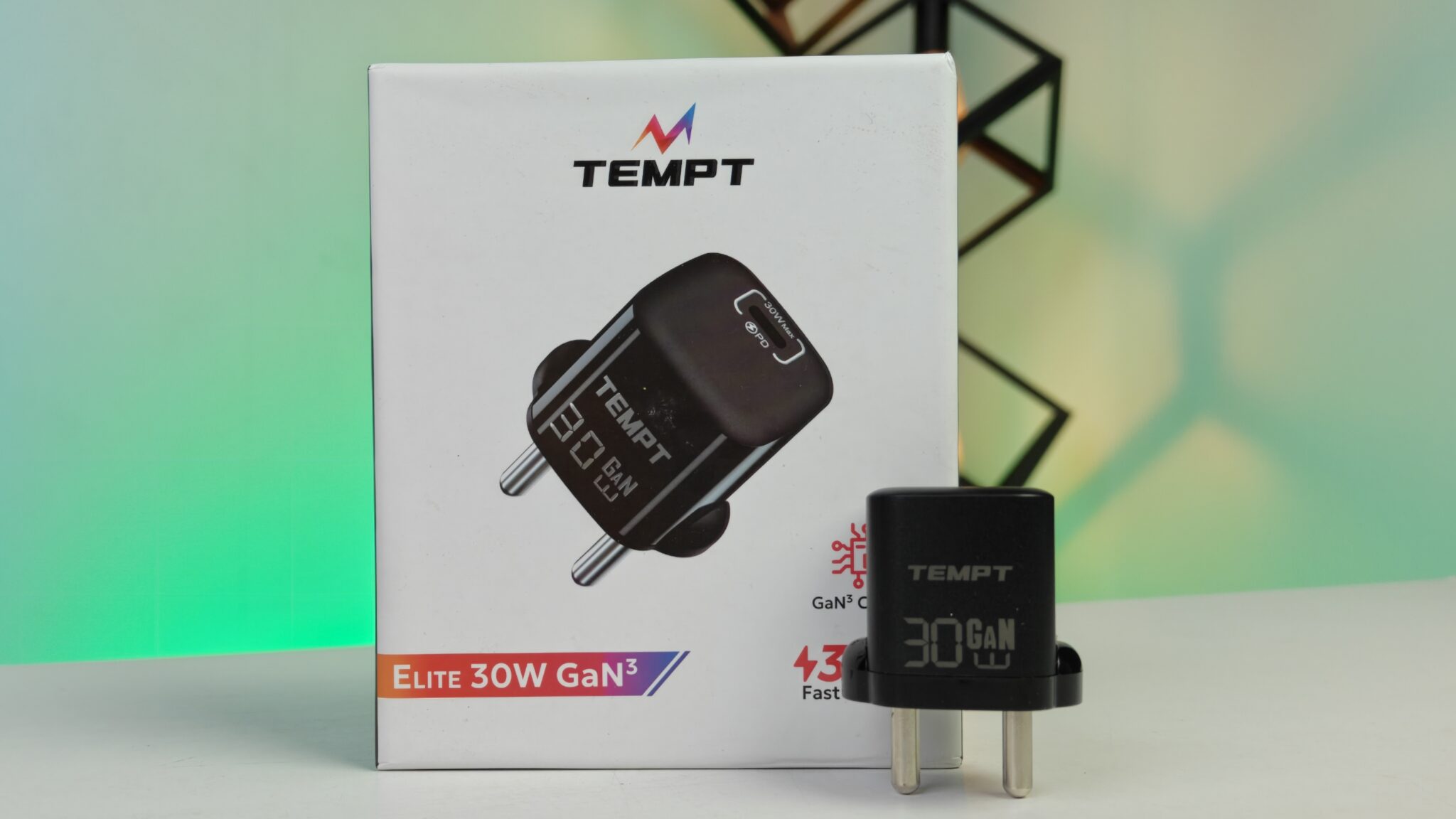Lenovo is reportedly developing its own custom processor, the SS1101, for the upcoming Yoga Pad Pro 14.5 tablet. This move marks a significant shift for the company, which has traditionally relied on third-party chips.
A Closer Look at the SS1101 Chip
Leaked information suggests that the SS1101 is a 10-core ARM-based processor with a unique 2+2+3+3 core configuration. This deviates from the more common octa-core designs seen in many mobile devices. The chip reportedly achieves clock speeds up to 3.29GHz and integrates a Mali G720 Immortalis GPU, known for its support of hardware-based ray tracing—a feature typically found in high-end graphics units like the Dimensity 9300.
Manufactured using a 5nm process node, the SS1101’s production partner remains undisclosed. Speculation about the chip’s core count has arisen, with some suggesting that hyperthreading might be employed, similar to Huawei’s in-house silicon. However, software recognizes it as having 10 cores, indicating they may be physical cores.
Implications for Lenovo’s Product Strategy
The development of the SS1101 could signify Lenovo’s intent to gain greater control over its hardware, potentially leading to tighter integration between software and hardware. This approach mirrors strategies employed by companies like Apple, which designs its own chips to optimize performance and efficiency.
By creating its own processor, Lenovo might aim to differentiate its products in a crowded market, offering unique features or performance benefits. However, it’s unclear whether this is a one-time initiative or the beginning of a broader shift toward in-house chip development.
Potential Benefits and Challenges
Custom chips can offer several advantages, including optimized performance, better power efficiency, and the ability to tailor features to specific use cases. For the Yoga Pad Pro 14.5, this could translate to enhanced multimedia capabilities, improved battery life, and a more seamless user experience.
However, developing proprietary processors also presents challenges. It requires significant investment in research and development, and there’s a risk of compatibility issues with existing software ecosystems. Additionally, competing with established chipmakers like Qualcomm and MediaTek is no small feat.
Market Reception and Future Outlook
The success of the SS1101 will largely depend on its real-world performance and how it compares to existing solutions. If Lenovo can deliver a processor that meets or exceeds expectations, it could pave the way for further in-house chip development. Conversely, if the chip falls short, Lenovo may reconsider its approach.
As of now, Lenovo has not officially commented on the SS1101 or its plans for custom silicon. The Yoga Pad Pro 14.5 could serve as a testbed for this new direction, providing valuable insights into the feasibility and benefits of developing proprietary processors.



















